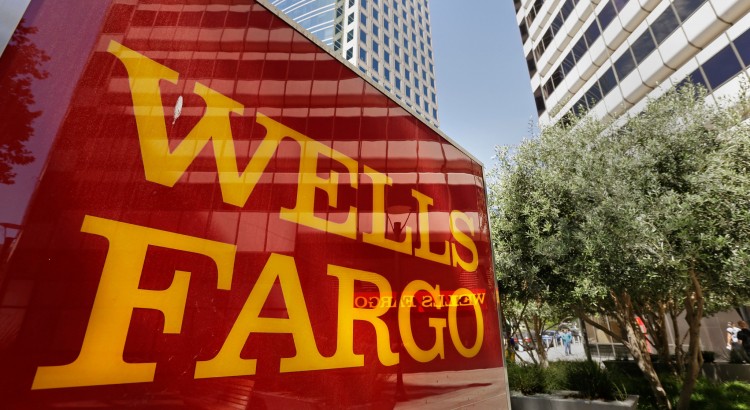U.S. Securities and Exchange Commission (SEC) and Financial Industry Regulatory Authority (FINRA) officials have announced that they will focus their attention on broker-dealers in high-risk areas. Both securities regulators hope to crack down on bad actor brokers – brokers who don’t act in the investor’s best interest – and are encouraging firms to help, in hopes of protecting investors.
FINRA President and CEO, Robert Cook, said of FINRA’s programs in a speech recently: “One of their most important purposes is to protect investors from bad actors: those who seek to evade regulatory requirements and harm investors for their own personal gain.”
Three Ways to Regulate Bad Actor Brokers
Cook highlighted three ways that FINRA is enforcing its regulations to protect investors from bad actor brokers, announcing that increased regulation will be done through more exams and enforcement.
Licensing and Registration
To qualify as a broker, a person must pass a series of exams that test knowledge regarding the operation of the markets, the securities industry, and its regulation. The exams are followed by a series of continuing education programs and further exams throughout the broker’s career.
In addition to passing a series of examinations, a broker must also be associated with a broker-dealer firm, which is responsible for supervising the broker. Brokerage firms also must be registered with the SEC and approved by FINRA to operate. Brokerage firms are subject to scrutiny, including a vetting process, operational requirements, and required standards for capital and supervision.
Monitoring and Examinations
For brokers and brokerage firms that meet the regulatory standards and qualifications, FINRA assigns a regulatory coordinator who oversees the firm’s business activities. Brokerage firms are assessed regularly based on core business areas, such as customer dealings, financial integrity, and operations. Non-routine examinations are triggered by customer complaints about bad actor brokers – an area where FINRA is dedicating more resources for regulation.
Discipline and Restitution
In addition to regulatory systems, FINRA has increased surveillance efforts designed to fight against potential fraud or market manipulation. Within FINRA, The Office of Fraud Detection and Market Intelligence (OFDMI) is a specialized central repository that works to gather and evaluate information about misconduct at both the broker and broker-dealer level.
In cases where actions of a firm or an individual pose harm to investors, FINRA intervenes in multiple ways – from requiring brokers to retake examinations to reporting misconduct to law enforcement agencies.
In 2016 alone, 1,434 disciplinary actions were filed against registered individual brokers and firms. And the agency has ordered some $124 million in restitution to investors who have been victims of bad actor brokers and their brokerage firms. Of course, such orders do not necessarily mean that defrauded investors are paid that money. Brokers and brokerage firms only can pay that money if they are able to do so. Many the brokers cannot make the payments and many of the brokerage firms have gone out of business and cannot make any payments to investors.
Bad Actor Broker Regulation In Question
A core issue is whether U.S. regulators and the securities industry are doing enough to protect investors. As seasoned investment fraud and stockbroker misconduct lawyers, Dimond Kaplan & Rothstein’s attorneys see many, many cases of investor abuse, so we firmly believe that regulators are not doing enough to protect investors. In fact, a recent study shows that the percentage of brokers engaged in misconduct is much higher than reported by FINRA. Perhaps the new focus by the agencies will help eliminate some of the misconduct and keep more investors safe.
Did You Lose Money with a Bad Actor Broker?
If you have been a victim of a bad actor broker or are suspicious that your broker is not acting in your best interest, you may have certain legal rights that require your immediate attention.
Call an Investment Fraud Attorney Today
If you are looking for an attorney to review your rights and options, the investment fraud lawyers at Dimond Kaplan & Rothstein, P.A. have recovered more than $100 million from banks and brokerages firms for their wrongful actions.
With offices in Los Angeles, New York, West Palm Beach and Miami, our investment fraud attorneys represent clients nationwide and may be able to help you recover your investment losses.
Contact an attorney at Dimond Kaplan & Rothstein, P.A. today to schedule an appointment or consultation to review your rights and options.





